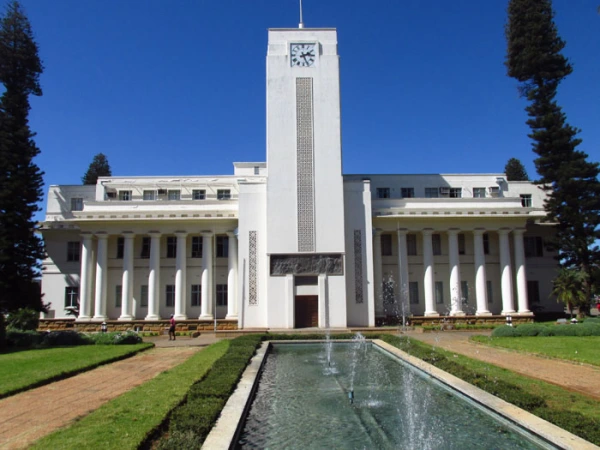Calls are mounting for Bulawayo City Council (BCC) to launch an urgent investigation into water contamination that poses significant health risks to residents.
Recent water quality tests have revealed alarming results. According to council minutes, 52% of samples tested positive for faecal coliforms in November, while December showed a marginally improved but still concerning 48% contamination rate.
The contamination crisis comes amid severe water shortages, with some areas going without running water for more than two weeks. Residents have been forced to rely on alternative water sources, which themselves may be contaminated.
“The council must institute an inquiry into the root causes of this contamination,” said water rights activist Khumbulani Maphosa. “Whether it’s dilapidated infrastructure, topography, hydrology or criminal activity, we need answers. They should collaborate with local universities and stakeholders to find viable solutions.”
While Maphosa commended the council for conducting and publishing test results, he urged them to take further action: “They must clearly mark contaminated water sources to prevent public use and potential disease outbreaks.”
Winos Dube, chairperson of the Bulawayo Residents Association (BURA), described the situation as “deeply worrying” and advised residents to boil water before consumption.
“With the serious water shortages we face, having to worry about contamination adds another layer of fear,” said Dube. “We need to know what measures the council is taking to eliminate this contamination completely.”
During Wednesday’s Full Council Meeting, Councillor Ntombizodwa Khumalo, who chairs the Health, Housing and Education Committee, acknowledged the crisis and indicated that efforts are underway to address the issue through interdepartmental cooperation.

